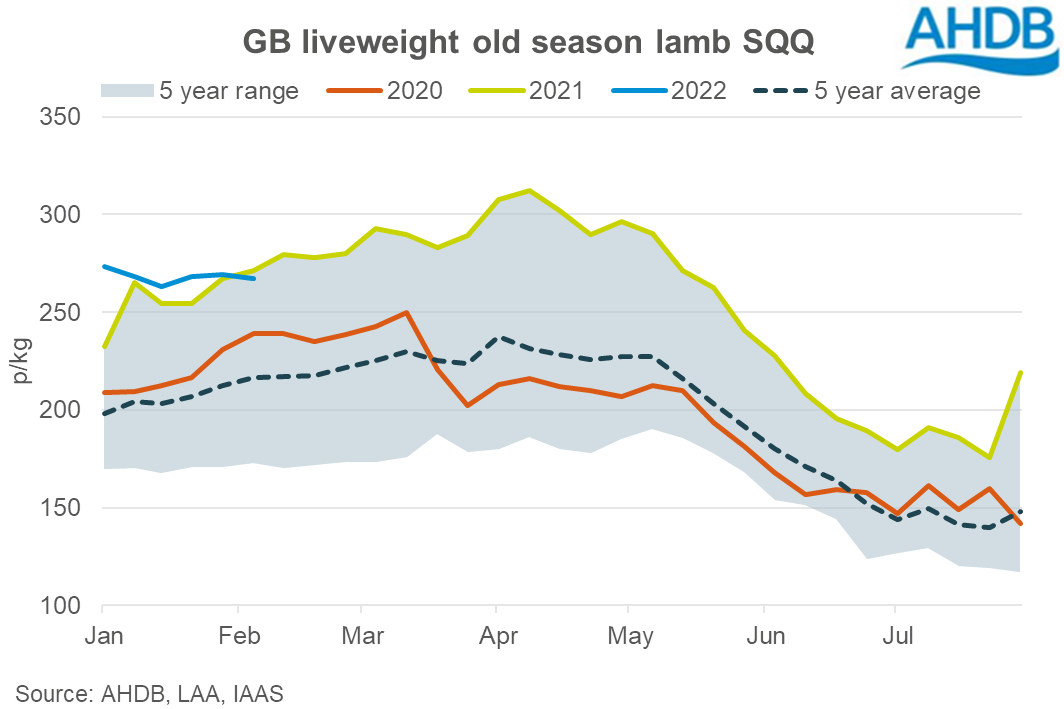Plans for new Scotbeef abattoir remain on hold
Plans to build a new abattoir in the north-east of Scotland will remain on hold, Scotbeef Inverurie has confirmed in its latest accounts.
The company – which is jointly owned by Scotland’s largest red meat processor JW Galloway and north-east farmers’ co-operative ANM Group – has long been planning to build a new abattoir on land at ANM’s Thainstone Business Park near Inverurie.
However, the plans were put on hold due to the “unknown impact” of Covid-19 and Brexit on the company’s marketplace.
In its latest accounts, which cover the year to February 28, 2021, JW Galloway and Scotbeef Inverurie managing director Robbie Galloway said: “In light of the continued uncertainty posed by further Covid-19 outbreaks, the directors have decided to keep the project in its current status, and the group will look to restart it when the economic outlook is more certain.”
The accounts reveal a drop in both turnover and pre-tax profits during the year.
Turnover was down slightly to £68.25 million, from £68.28m the year before, while pre-tax profits were down 48% to £350,000.
By Gemma Mackie / The Press and Journal
